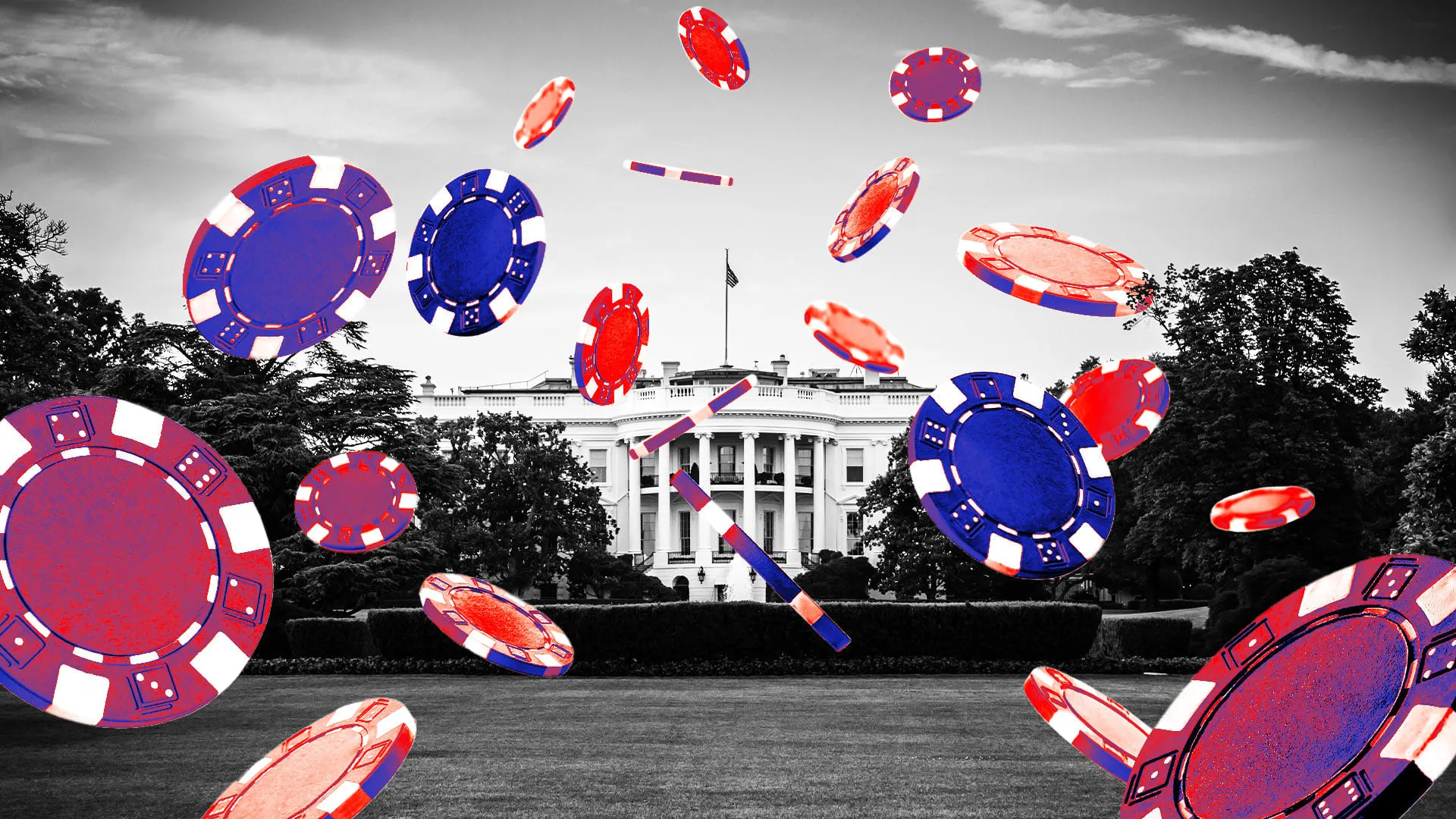2024 Election Insights: The Rise of Political Betting

Understanding the 2024 Election Betting Landscape
The 2024 election is on the horizon, and with it comes a controversial trend: political betting. Recent developments have seen a federal judge clear the path for Kalshi, a platform allowing bettors to speculate on election outcomes. As this new frontier of electoral engagement emerges, the implications for democracy could be significant.
The Legalization Wave
As states continue to embrace legalized betting on sports, the push for similar frameworks in political realms is gaining momentum. Kalshi and other exchanges like PredictIt now offer shares in outcomes such as party control in the upcoming election, stirring debates about the financial and ethical ramifications of betting.
- Betting on political outcomes mirrors the dynamics of sports gambling.
- Proponents argue betting provides more accurate public sentiment insights.
- Critics warn it may fuel unrest and misinformation.
Impacts on Voter Behavior
As betting becomes intertwined with the electoral process, questions arise: How will this affect voter engagement? This trend could skew perceptions of electoral integrity, potentially leading to increased polarization as voters tie financial stakes to political outcomes.
- Financially motivated voting may overshadow civic duty.
- Winners and losers may feel entitled to further engage in political violence.
- Could this create a generation of voters driven by profit rather than principle?
The Future of Political Betting
As the 2024 election approaches, the commercialization of politics raises alarms about the ethical landscape of democracy. Betting on elections could become a new norm, leading to unpredictable consequences.
This article was prepared using information from open sources in accordance with the principles of Ethical Policy. The editorial team is not responsible for absolute accuracy, as it relies on data from the sources referenced.